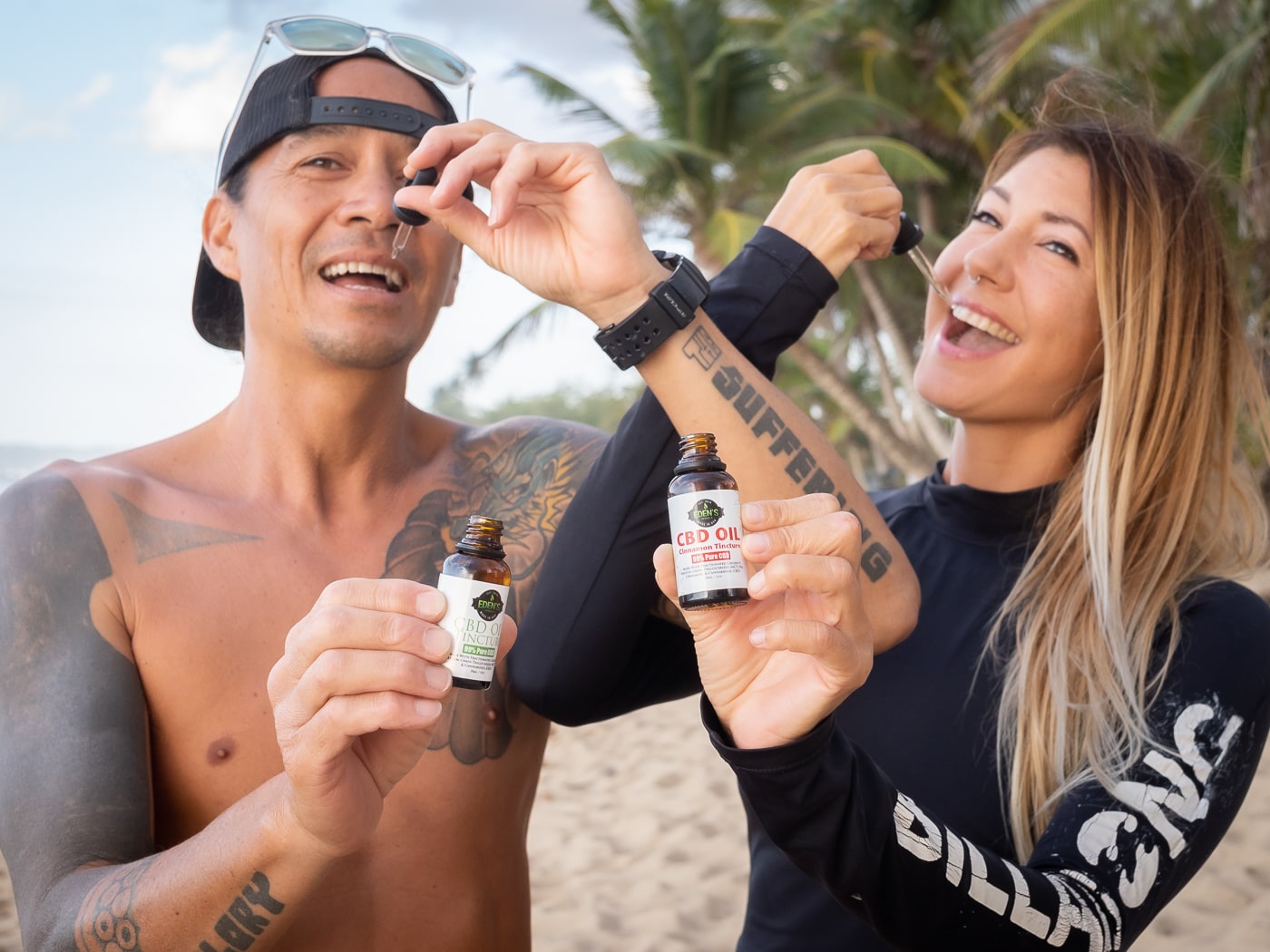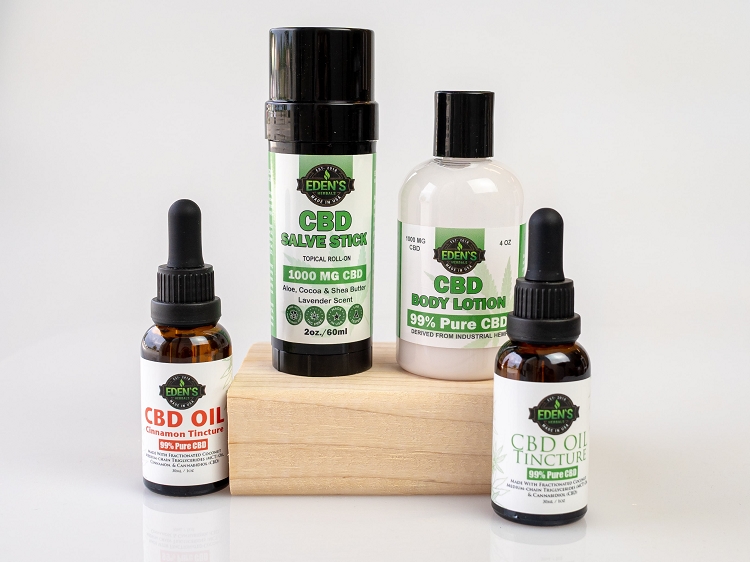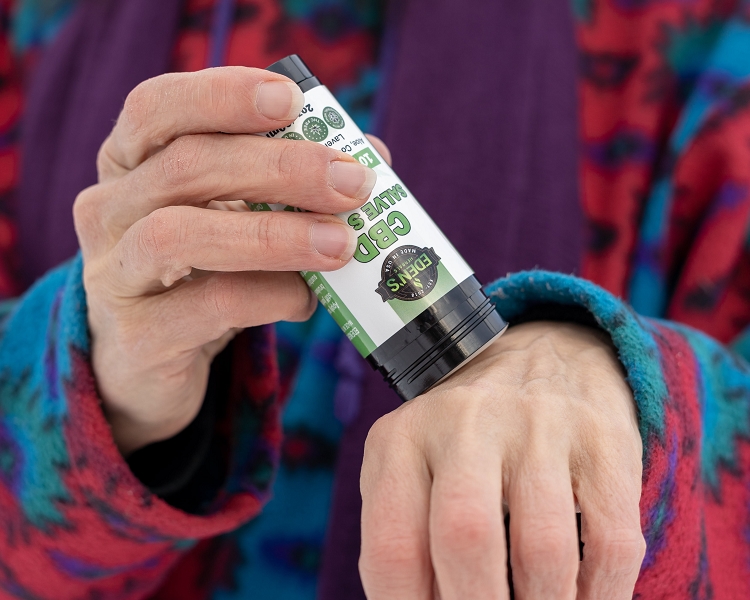 There is no question about it: CBD is one of the hottest products on the market today.
There is no question about it: CBD is one of the hottest products on the market today.
The supplement - which wasn't even legal until late 2018 - has become one of the most popular substances available on the market today, with 1 in 3 American adults having tried CBD.
CBD has many benefits. From pain relief and stress relief to improving sleep and recovery, CBD seems to do it all.
But did you know it also works as an antioxidant? Read on to find out how!
What is CBD?
CBD, short for cannabidiol, is a type of supplement that comes from the hemp plant. It is extracted and infused into various types of CBD supplements, including oil tinctures, gummies, and topicals.
An extensive amount of research has been done about CBD, with further research is still ongoing. Research has found that CBD may be able to make a positive impact on a variety of unpleasant physical and emotional challenges, including pain, mood, sleep, skin disorders, and more.
However, more research is needed before any definitive medical claims can be made about CBD.
CBD was legalized at the federal level with the passage of the 2018 Farm Bill. States can still regulate how the product is sold.
There is one area where CBD is prescription-strength: Epidolex, which is a CBD-based medication that is available for prescription like any other drug.
 Are Cannabinoids Antioxidants?
Are Cannabinoids Antioxidants?
The research has shown us the antioxidative and anti-inflammatory properties of cannabidiol.
An antioxidant is a specific type of compound that fights off free radicals that are found throughout your body. Free radicals are unstable molecules. They travel in your body and damage you at the cellular level.
This is linked with a slew of illnesses, including heart disease, cancer, premature aging, and more. This is why antioxidants are thought to be so important to things like heart health, cancer prevention, and anti-aging efforts.
Antioxidants are found in fruits, vegetables, and many vitamins. However, with the rise of CBD's popularity, some have turned to it to fight off free radicals. Evidence, thus far, has indicated that it works.
A 2020 study that appeared in the Antioxidants Journal found specific evidence for this belief. The study explicitly cited CBD's potential to operate like an antioxidant. It noted that CBD works on the molecular level to "interrupt free radical chain reactions."
If this is the case, that means that CBD has the ability to completely stop free radicals - and their harmful impacts - in their tracks.
CBD was also found to operate similarly to other well-known antioxidants. On a fundamental level, this does make sense. CBD comes from the hemp plant, and other plants have been found to operate as antioxidants.
 The same study went on to discuss the direct antioxidant impacts of CBD, also noting that CBD may have immune boosting benefits.
The same study went on to discuss the direct antioxidant impacts of CBD, also noting that CBD may have immune boosting benefits.
This is not the only study to make such connections, as other books have made the same arguments. For example, an excerpt from Chronic Relief discussed the impact that cannabinoids can have on oxidation.
The book argues that a variety of cannabinoids - including THC and CBD - can act as antioxidants. The book uses a variety of evidence - including a patent from 1999 - to discuss the similarities between CBD, THC, and antioxidants. Indeed, this patent actually referred to cannabinoids as "free-range scavengers," and noting that this could help to fight diseases.
Another book - the Handbook of Cannabis and Related Pathologies - made similar arguments. This book also reviewed the chemical mechanisms by which CBD could damage free radicals and limit their effectiveness.
The impact of all of this is obvious: If CBD can destroy free radicals, that means that they act with similar properties to antioxidants.
This could have huge and broad-based health impacts. It would help explain the theoretical basis for some of CBD's positive benefits, which include pain relief, anti-inflammatory properties, and mood boosting properties.
There is also some evidence to point to CBD's effectiveness at treating skin disorders, with some studies noting that CBD can help maintain skin, address certain problems, and give skin a more youthful appearance.
Again, more study is needed, but CBD's antioxidant properties may help to explain why it may be beneficial for certain skin challenges.
 What Research Remains
What Research Remains
While the initial research conducted has been positive, it is also clear that more must be done.
All of the above research has been theoretical. It has reviewed the mechanisms by which CBD could act as an antioxidant, but there is not yet any proof that would definitively demonstrate that CBD's impact as an antioxidant.
For this to happen, scientists would need to design an experiment that could show CBD's impact and the parallels between CBD and other proven antioxidants. This is unquestionably possible, but will take time, effort, and money.
It may also take studies on animals first. Many CBD studies - such as a landmark study that demonstrated CBD's potential ability to provide relief from arthritis - were first conducted on rats.
You should talk with your doctor before buying or using CBD. Just like any other supplement, the product has some drug interaction concerns, and your doctor will be able to tell you if you should avoid taking CBD as a result of any other medication you may be taking.
As we've explained, there is a lot of positive evidence of CBD's ability to help you in a variety of respects - including as an antioxidant.


